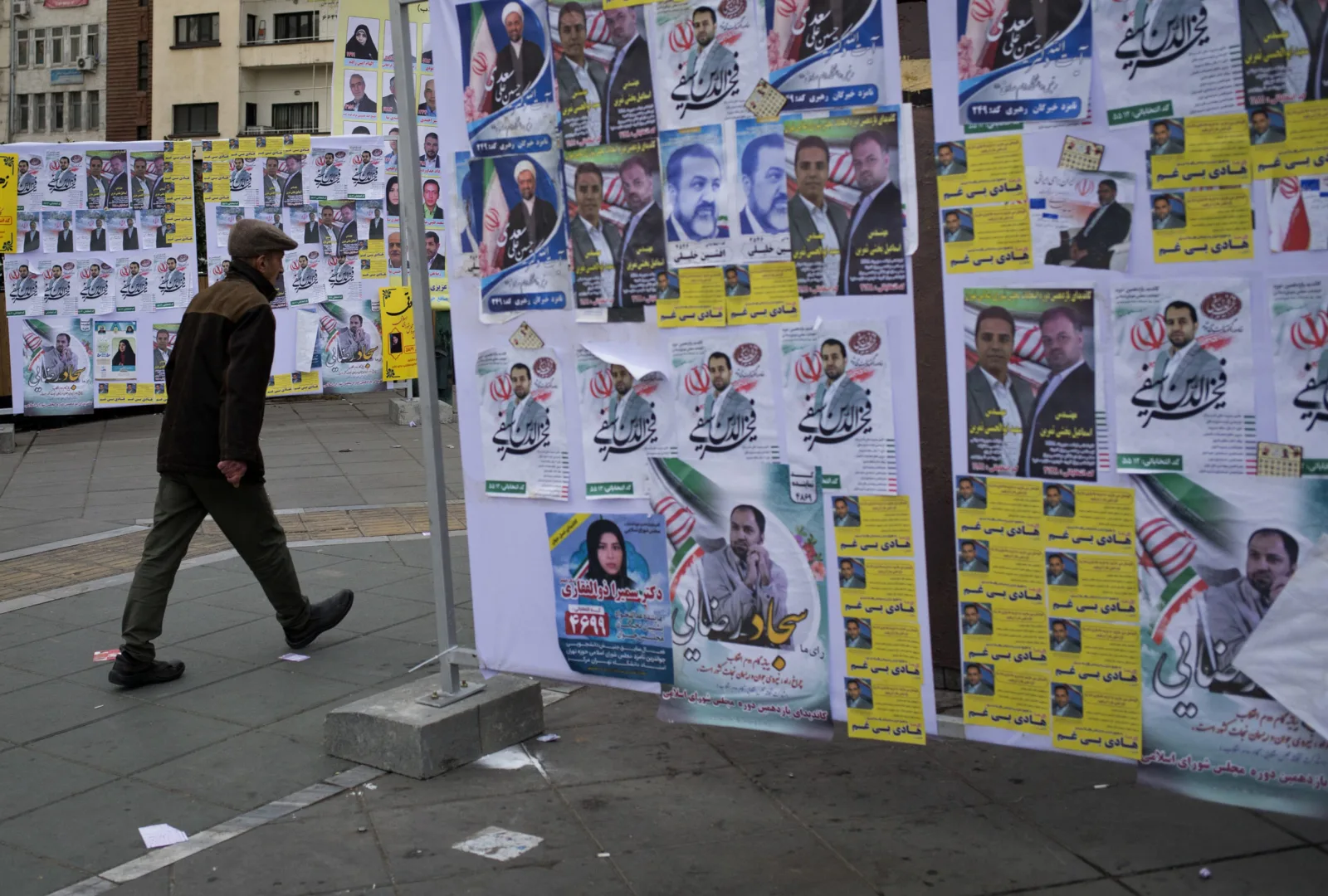Iran’s Presidential Elections and its Future Foreign and Domestic Policies
With only weeks left until Iran’s June 18 Presidential elections, campaigning will begin in earnest the last week of May. Elections in the Islamic Republic are neither free nor fair, but they are consequential. The Rouhani government put all of its eggs in the idea that reaching a nuclear deal with the West would pave the way for the country’s political and economic reintegration with the broader global community. Donald Trump’s exit from the Iran nuclear deal and imposition of “maximum pressure” effectively upended that strategy. Today, opinion polls indicate that the Iranian public’s enthusiasm for the elections is at an all-time low. Yet, the elections will likely have a profound impact on Iran’s future engagement – or lack thereof – with the United States and the West, on the durability of the nuclear deal, as well as on the internal struggle to move Iran into a more open and democratic direction. Will Iran’s next President be a conservative or can the centrists and reformists unite once more to retain the presidency? What implications will a conservative victory have for US-Iran relations, nascent regional diplomacy with Saudi Arabia and the UAE, and Iran’s embattled civil society? Join us on Wednesday, May 26 at 1:30 EDT to address these important questions. The panel will include Human Rights Watch’s Tara Sepehri Far, Tehran-based journalist and documentary film-maker Reza Sayah, and prominent Iranian economist and political analyst Bijan Khajehpour. Trita Parsi, Quincy Institute’s Executive Vice President, will moderate the conversation.
Program
Panelists
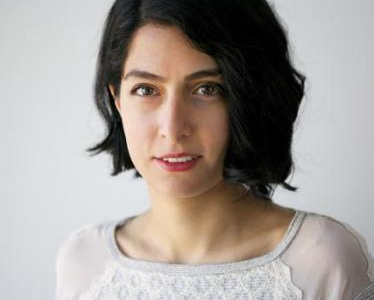
Tara Sepehri Far
Tara Sepehri Far is a researcher in the Middle East and North Africa Division at Human Rights Watch, where she investigates human rights abuses in Iran and Kuwait. Prior to joining Human Rights Watch, she was the Deputy Director of the Human Rights in Iran Unit at the City University New York, where she worked on a project supporting the mandate of the United Nations Special Rapporteur on the situation of human rights in Iran. Tara graduated from Sharif University of Technology in Tehran and holds M.A. and LL.M degrees in international law from the Fletcher School of Law and Diplomacy at Tufts University. She is a native Farsi speaker.
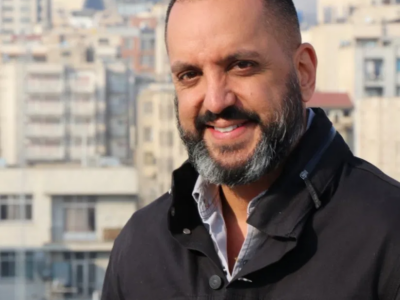
Reza Sayah
Reza Sayah is a journalist and documentary filmmaker based in Tehran, Iran. For the past 20 years, Reza has reported for international news organizations including CNN, Al Jazeera, PBS NewsHour, and France 24. He has covered numerous world events including the Egyptian Revolution, the war in Afghanistan, the Ukrainian Revolution, the Libyan Revolution, and the disputed 2009 presidential elections in Iran. Most recently, he reported on the 2017 Iranian presidential elections. Reza earned a bachelor’s degree in communications from Pepperdine University and a master’s degree in journalism from the University of Missouri, Columbia. In 2015, he moved back to Tehran where he co-founded Ravian Films – a production company that specializes in documentary films, broadcast news reports, and video storytelling.
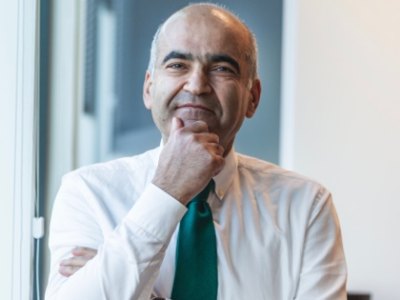
Bijan Khajehpour
Bijan Khajehpour is an economist and managing partner at Eurasian Nexus Partners, a Vienna-based international strategic consulting firm. He is also a member of the advisory board of the European Middle East Research Group (EMERG) and a regular contributor to Al-Monitor. He has written extensively on Iran's economy and politics, as well as on the Greater Middle East. Bijan contributed to Iran at the Crossroads (2001) Security in the Persian Gulf: Origins, Obstacles, and the Search for Consensus (2002), L’économie réelle de l’Iran (2014) and Social Change in Post-Khomeini Iran (2015). He undertook his graduate studies in Management and Economy in Germany and the UK and has a DBA from the International School of Management in Paris.
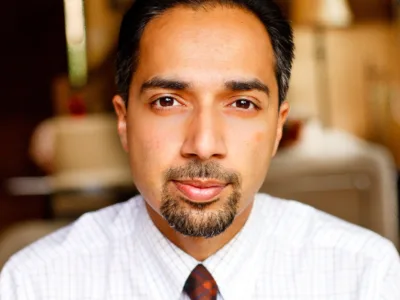
Trita Parsi (Moderator)
Trita Parsi, PhD, is an award-winning author and the 2010 recipient of the Grawemeyer Award for Ideas Improving World Order. He is an expert on US-Iranian relations, Iranian foreign politics, and the geopolitics of the Middle East. He has authored three books on US foreign policy in the Middle East, with a particular focus on Iran and Israel. He is the co-founder and former President of the National Iranian American Council. He received his PhD in foreign policy at Johns Hopkins’ School for Advanced International Studies, a Master's Degree in International Relations from Uppsala University, and a Master's Degree in Economics from the Stockholm School of Economics.
